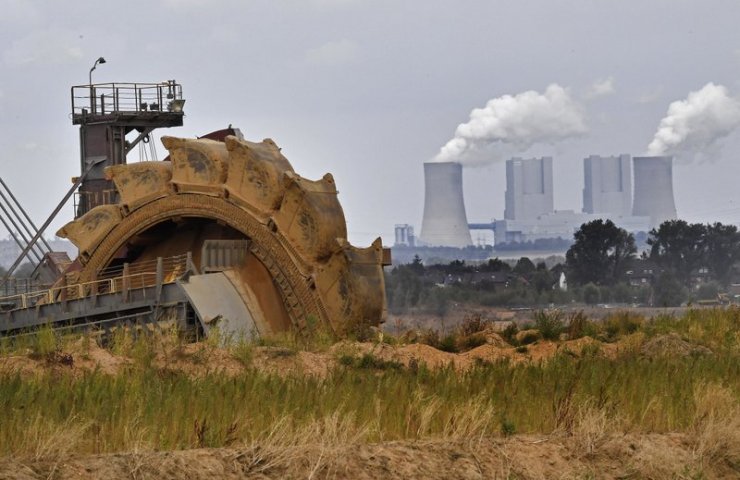The European Commission continues to support projects of large energy companies for coal research projects. For example, one in 150 or so funded projects is exploring the gasification of lignite and recyclable materials to make the process "more efficient and cost effective." When it comes to a gasification process called High Temperature Winkler (HTW), liquid fuels like methanol or diesel are made from syngas.
The European Commission is allocating more than € 1.75 million for a project in which energy supplier RWE, in cooperation with the Technical University (TU) of Darmstadt, built a pilot plant in 2015. Also participating in the project are ThyssenKrupp, the Universities of Ulster and L'Aquila, the Center for Research and Technology of Hellas and the Polish Institute for the Chemical Treatment of Coal.
The purpose of the plant is to study the gasification of coal along with other substances. By including other substances such as biomass or plastic, the proportion of coal in this commonly used process could potentially be reduced.
As with many other projects, the EU supports the research project with grants covering 60 percent of staff, procurement and ancillary costs. TU Darmstadt received over half a million euros to hire personnel to maintain the gasification plant.
RWE also received almost 330,000 euros for staff costs and 360,000 euros for equipment from the EU. Some of this money even went to buy highly toxic gases such as hydrogen sulfide.
This kind of funding is not acceptable for the EEB Green Network: “You pay for the polluter,” said Christian Scheibl, EEB Industrial Manufacturing Policy Manager.
The reason for these subsidies is the so-called European Commission Coal and Steel Research Fund (RFCS) of the EU Commission. This financial institution invests about 40 million euros per year in coal research projects.
The Foundation was founded in 1994 by companies from the coal and steel industry within the then European Coal and Steel Community (ECSC). After its completion, the fund was handed over to the new EU Governance Commission, and to this day it annually disburses funds from it.
A group of experts from the Commission and representatives of Member States will decide where the funds will go. Also involved is the so-called Coal Advisory Group (CAG), which consists of 17 members, most of whom are representatives of large generating companies such as RWE.





